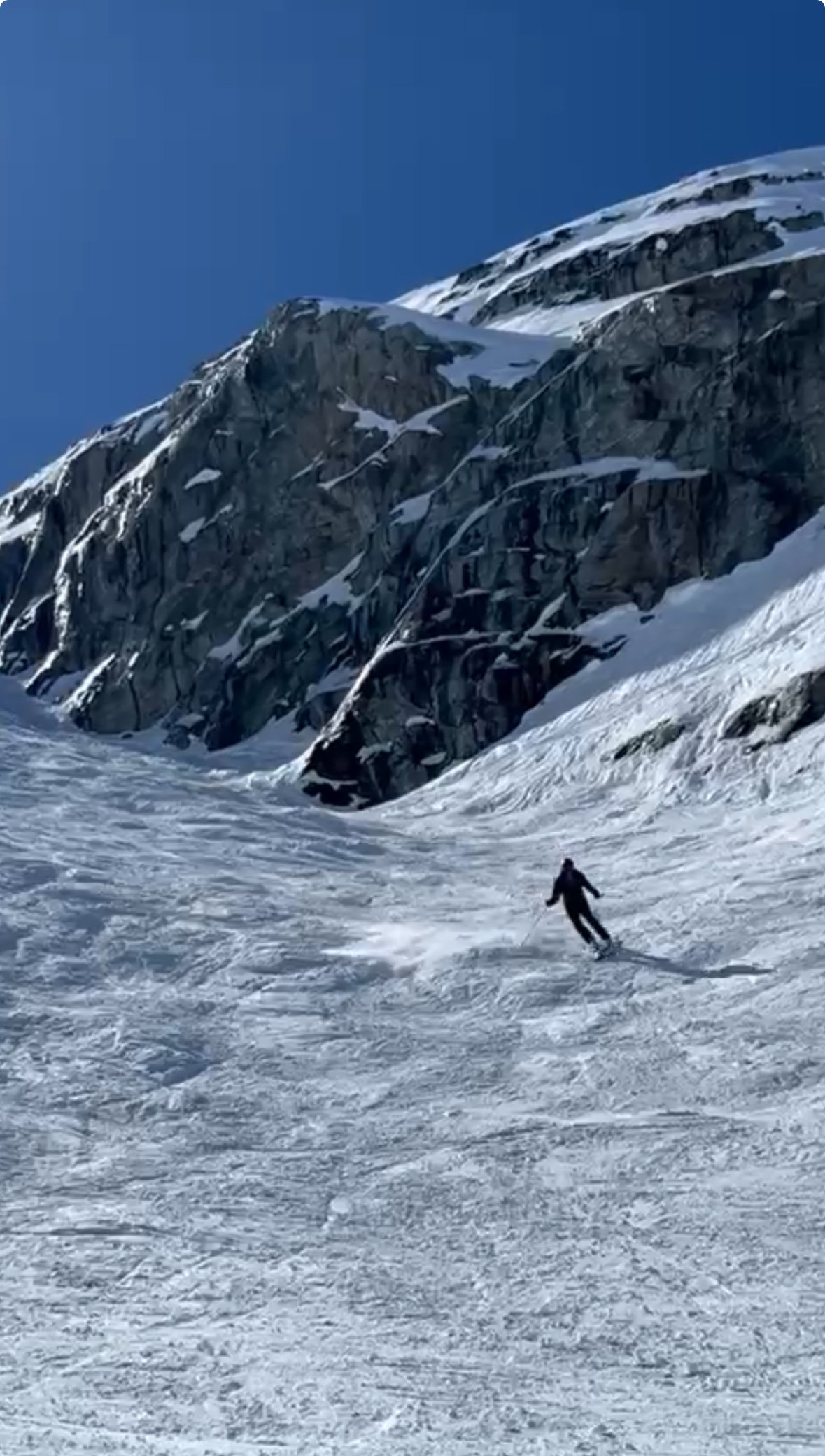Your Movement Vocabulary is Shaping Your World…
Imagine going to a foreign country where you don’t speak the language, and they don’t speak yours. You might have some interesting experiences, but you’ll probably find yourself struggling to navigate, order food, or get your needs met. And you’ll likely feel like you’re observing from the outside, but never truly immersed with the people, culture, or events.
I heard the poet David Whyte recently paraphrase Wittgenstein saying:
“You cannot enter any world for which you do not have the language.”
(The actual Wittgenstein quote is: ‘The limits of my language mean the limits of my world.”)
Movement is just such a language.
And unfortunately, our modern culture has been removing words and ideas from that language bit by bit so that, in a sense, it’s become hard to enter the worlds that require the language of movement, and our experience of the world has become diminished.
Just like when learning a foreign language, each new word allows you to communicate ideas better and participate in social interactions more… just so, each position or geometrical arrangement of your body parts are like a word or phrase that opens up the possibility of interacting with your environment and with others in rich and varied ways….
If all you know is sitting in a chair, the world from the vantage point of sitting on the floor is lost to you. The myriad positions that require different stretches and capabilities of your body that floor sitting provides are out of your awareness completely. Also, the activities like simply getting to and from the ground, from yoga and exercise classes, to games with your kids become harder to participate in if the only movement vocabulary you have is “sitting in a chair”.
As you master more movements and positions of your body, you begin to speak the movement language more fluently. Putting words together becomes phrases and ideas and even poetry just like putting movements together becomes skills and activities and can acquire a beauty like the art of dance.
The worlds that become available to us as we learn the language of movement make our lives richer, more expansive, and filled with qualities like awe and joy.
For many, a tree, or a rock face are simply interesting ornaments in a landscape - outside of us and only to be observed… but for a climber, they are diverse and exciting playgrounds and opportunities for hours of physical movement practice and play.
A forest or natural landscape becomes accessible when your body knows the language of long distance walking, crawling under and over obstacles in the path, and connecting your strong and flexible barefeet with the moss, soil, rocks and water underneath them.
A lake or ocean can be just a pretty picture to observe like a painting in a museum… Or they can be a whole new immersive world of experience for a swimmer, diver, surfer, or kayaker.
And a winter mountain may present itself as something you see from afar or something you ski experiencing the interplay between gravity, snow, and the power derived from practiced skill…
How do you master this language and make more worlds accessible to you?
Start with a word you know. (Like the shape your body takes when sitting in a chair.) and see if you can expand your vocabulary around that (change the height of the chair, position of your legs, shape of your spine) until you can express many ideas around that shape.
Start with an image of a world you’d like to have access to - like hiking a mountain- and learn one “movement word” at a time that evokes a similar world:
walk around the block,
climbing a few stairs,
carry a heavier backpack…
until you’ve mastered it and can express more and more of those words and phrases with ease.
Just like you’d work to understand where your grammar is rough - are you using the right verb tense, and placement of the adjectives? - learn where your body is under-used and how to coordinate its parts for better, efficient movement… This is where some outside help from a coach could help.
And finally, just like immersing yourself in that country with a foreign language, the longer you hang out and engage with others intending to participate in that world instead of sitting on the sidelines, eventually, your movement practice will become more skilled and less awkward and the world will feel less foreign and more like an expansive home where you belong.
What worlds would you like to access?
Do you have the language?
If you’d like some help with that book a free consultation and let’s talk.




